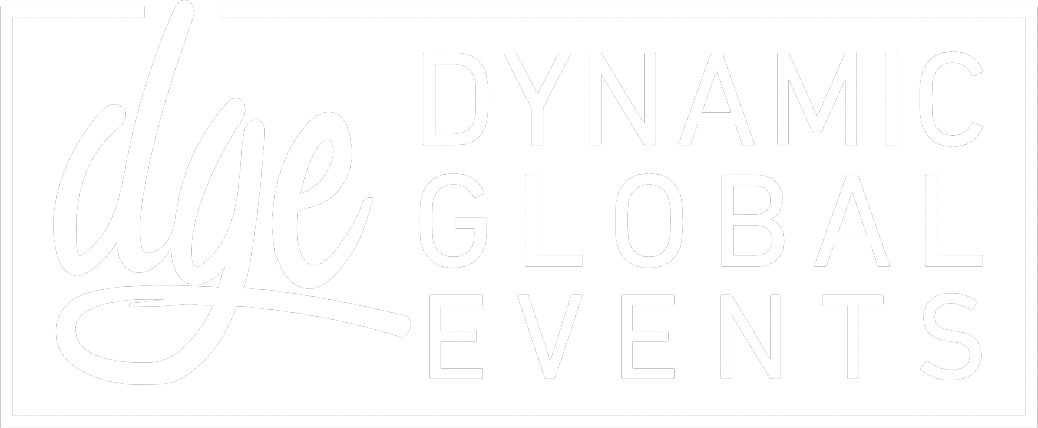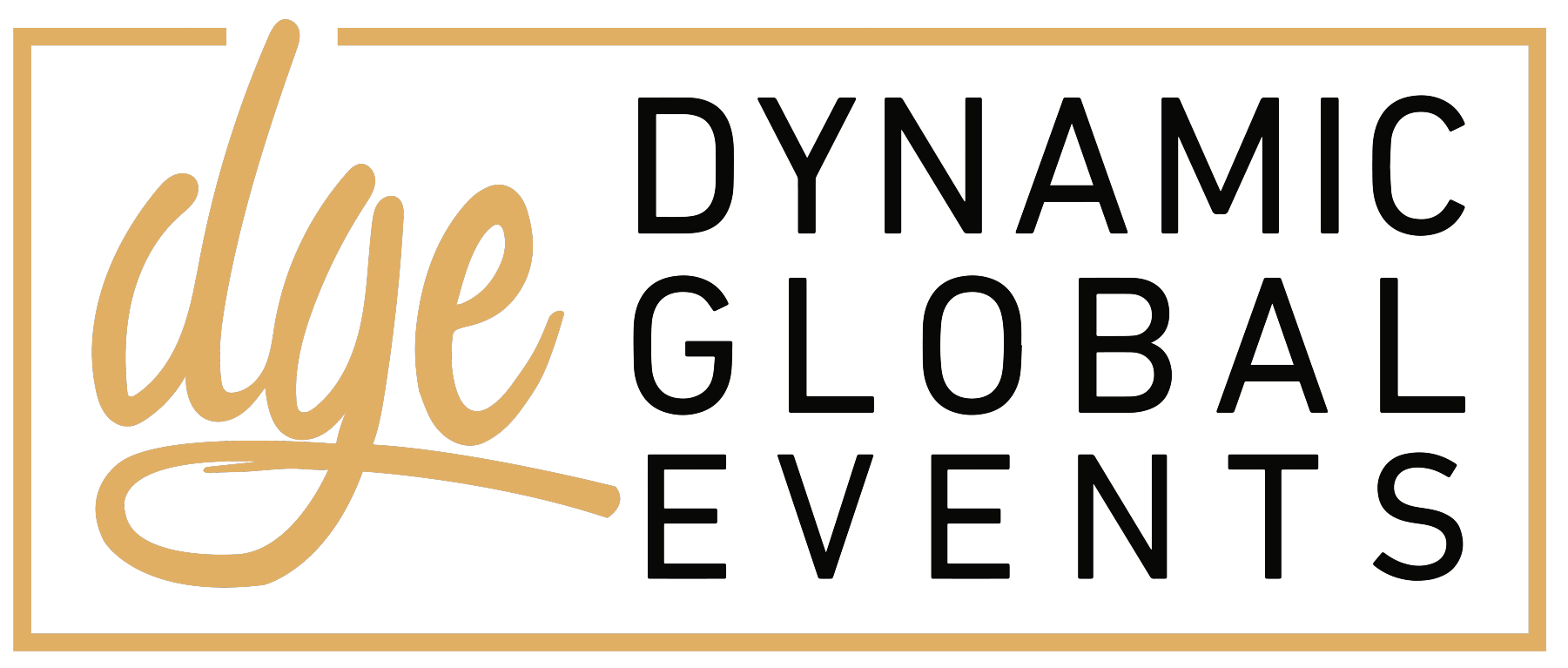The rise of digital engagement including webinars, virtual CME, targeted advertising, and more has transformed how life science organizations connect with healthcare professionals. Avisio found that 59% of HCPs prefer digital platforms. While these methods expand reach and impact, they also introduce new challenges around ethics, compliance, and data privacy. This session will explore how to build ethical safeguards into every stage of your digital strategy, ensuring compliant, trustworthy, and effective HCP engagement.
- Review the digital channels and tools shaping today's HCP outreach and engagement strategies
- Learn best practices for ensuring compliant digital interactions and protecting sensitive data
- Explore how to leverage technology to monitor digital engagements in real time and audit them for compliance
Medical Affairs teams have experimented with chatbots, but the real value of AI lies in transforming entire workflows, not just generating text. How can leading organizations operationalize AI to automate multi-step, high-stakes processes with governance, traceability, and human oversight? Learn practical examples and a clear roadmap for moving beyond “ask a question, get an answer” into AI-powered evidence, insights, content operations, and omnichannel execution.
- Explain why chatbots alone can sometimes fail to deliver meaningful impact in Medical Affairs
- Shift from “answer generation” to workflow automation
- Showcase real examples of automated MA workflows (evidence monitoring, content ops, MLR prep, insights routing)
- Demonstrate how to build safe, governed, auditable AI processes at scale
- Go over what Agentic AI enables today and what’s coming next
- Examine a simple framework for identifying high-value operational use cases
- Demonstrate how teams can get started in under 60 days
Mapping Key Opinion Leaders is critical to understanding who shapes medical trends and how their influence can drive awareness and adoption of new therapies or medical devices. Equally important is recognizing the rise of Digital Opinion Leaders, who leverage online platforms to guide conversations and shape perceptions across the healthcare ecosystem. Building trusted, strategic relationships with both groups ensures meaningful impact throughout the product lifecycle.
- Understand the unique roles and influence of KOLs versus DOLs
- Explore how to effectively collaborate with each to maximize reach and credibility
- Learn proven approaches to selecting the most impactful KOLs and DOLs for your therapeutic area
Two thirds of Physicians already incorporate AI into their daily tasks. Although this isn't too surprising, navigating which types of AI to utilize can be difficult. Both Agentic and Generative AI are becoming more common in the workplace, and although generative AI is more widely used, Gartner estimates that 33% of enterprise software applications will include agentic AI by 2028. Unlike generative AI, agentic AI can perceive, plan, act, and learn in dynamic environments, performing automated tasks without direct human oversight. This raises important ethical and legal questions that must be addressed as AI adoption accelerates across healthcare.
- Explore the current and emerging applications of both generative and agentic AI in the workplace
- Understand the ethical, legal, and operational challenges unique to agentic AI
- Envision what the healthcare landscape could look like by 2030 as AI becomes fully integrated
Explore strategies for maximizing the impact and measurability of pharma participation in medical congresses. Based on this, review how pharmaceutical companies can effectively instrument, measure, and benchmark their congress activities, including satellite symposia, KOL engagement, and booth engagement, and provide insights from research conducted across multiple pharma companies at ESMO and ASCO.
- Study the evolution from traditional congress participation to an integrated omnichannel approach
- Incorporate digital tools and analytics to track HCP engagement and measure learning outcomes
Omnichannel approaches enable Medical Affairs teams to deliver seamless, personalized experiences for HCPs, integrating multiple communication channels to break down data silos and improve engagement. As HCP needs evolve, transitioning from fragmented multichannel efforts to a coordinated omnichannel strategy can transform how pharma companies connect with customers and stakeholders.
- Identify common bottlenecks and drawbacks in moving from multichannel to omnichannel communication
- Discuss how to transition from a multichannel approach to an omnichannel one
- Learn how to measure the impact and ROI of omnichannel initiatives
Medical Affairs is increasingly expected to operate as a strategic partner across evidence generation, scientific exchange, omni-channel engagement, and insight activation—yet its contribution often remains difficult to demonstrate in the metrics leadership sees. Discover where AI is most transformative in Medical Affairs: not when it merely accelerates tasks, but when it instruments workflows end-to-end, making work traceable, reviewable, and measurable so strategic value becomes decision-grade.
- Define the modern “AI stack” for Medical Affairs (data foundations, knowledge retrieval with provenance, analytics, GenAI, agentic workflows, and governance)
- Show how to apply it to high-volume, governance-bound workflows such as evidence intelligence, medical information, field insights operations, and non-promotional content
- Leave with a metrics ladder that moves beyond activity counts—linking efficiency and quality gains to decision impact—plus a pragmatic maturity path from copilots to supervised autonomy that respects the unique compliance and credibility demands of Medical Affairs
We’ve reached a time in oncology therapeutics whereby choices and decisions have become increasingly sophisticated. Yet our view of what patients are actually experiencing between clinic visits remains blurry. As we reposition Medical Affairs in the digital age, our aim needs to enhance cancer patient care by empowering healthcare providers with timely, accurate, and actionable patient insights that enable early intervention and improved outcomes.
- Go over how listening continuously to the patient’s voice is extremely important in diseases like multiple myeloma, chronic, complex, with unpredictable pivots
- Explore the power of a simple, HIPAA‑compliant SMS check‑in system where patients receive brief daily prompts via text messaging
Digital health (telemedicine, wearables, AI, and many more) is rapidly transforming how care is delivered, how treatments are monitored, and how patient outcomes are tracked. Medical Science Liaisons are adapting: expanding into new domains and becoming pivotal for integrating innovations into clinical practice. How can they keep up with the evolving technological landscape?
- Explain what skills are required, how to build credibility in virtual settings, and how MSLs can lead in driving digital transformation
- Discuss how they can keep up with all the new tech showing up
Healthcare providers are increasingly using social media platforms such as LinkedIn, X, Instagram, and TikTok for peer-to-peer education, case discussions, and professional networking. Understanding where and how HCPs engage online is critical for developing effective outreach strategies. By leveraging digital networks, partnering with Digital Opinion Leaders, and exploring HCP-specific platforms, Medical Affairs teams can connect meaningfully with their audience in today's digital landscape.
- Learn how to use social media strategically to reach and engage HCPs
- Explore the role of Digital Opinion Leaders and how to collaborate with them
- Identify HCP-specific networks and other digital channels for effective engagement
HCP engagement is moving beyond omnichannel presence toward workflow-native, AI-personalized education that meets clinicians at the point of decision. As HCP interaction inside workflow tools evolves, including greater use of AI for clinical decision support, the bar for trust and credibility rises. For Medical Affairs teams adopting more advanced targeting and analytics, the question shifts from 'did they engage?' to 'did education change real-world practice patterns?'
- Understand how HCP behavior inside workflow tools is changing and what 'quality engagement' looks like today
- See how AI-powered personalization can tailor credible content journeys to HCPs at scale, without increasing operational burden
- Explore how intelligent targeting and journey-based education can close patient care gaps more efficiently
- Learn how advanced measurement can signal real-world practice change and how to communicate results clearly to leadership
Due to advancements in digital technologies, the healthcare sector is undergoing rapid transformation, which in turn affects how medical affairs teams operate and engage with both internal and external stakeholders. How can your team create a positive environment focused on employee experience, digital first mindsets, and change management?
- Explain how to ensure a digital first mindset and thinking
- Embrace new digital methods to connect with stakeholders and enhance patient care
- Navigate the digital shift effectively
As Medical Affairs teams embrace digital transformation, integrating AI platforms, including large language models, has become key to advancing content creation, review processes, and omnichannel engagement. How can you strategically leverage these technologies while maintaining a strong governance and compliance framework to mitigate potential risks?
- Explore practical applications of AI and LLMs in Medical Affairs
- Understand the governance and compliance frameworks necessary to ensure responsible, ethical, and compliant use
Optichannel strategies use real-world data to identify, focus on, and engage HCPs where they already go for information. This is imperative in a fragmented landscape where HCPs say they engage with pharma information across 10 or more channels. By focusing resources with predictive intelligence, optichannel empowers medical affairs teams to run more sophisticated engagement programs that are compliant, measurable, and efficient. In this panel, leaders will discuss how optichannel achieves precision, ensures relevance, and supports HCP decision-making.
- Differentiate multichannel, omnichannel, and optichannel models
- Balance plan breadth and depth with the most effective channels for your audience
- Set metrics and measure success rapidly to understand what’s working
- Maximize impact and personalization with tight resources
As technology continues to transform the workplace, opinions vary widely—will it replace jobs, or empower us to perform better? This interactive debate invites attendees to share their perspectives, challenge assumptions, and discuss the evolving role of technology in professional settings. Participants will have the opportunity to engage with peers and explore the impact of technological advancements on the workforce.
Explore how a process-first digital transformation is reshaping the global medical evidence generation ecosystem. Highlight the strategic benefits of prioritizing process optimization closely followed by technology adoption, including improved data quality, operational efficiency, stakeholder engagement, and efficient digital investment.
- Gain actionable strategies to drive sustainable digital innovation in medical affairs while ensuring robust evidence generation for better patient outcomes
- Learn about the challenges encountered—such as change management, integration complexity, and compliance—and practical insights for overcoming these hurdles



































